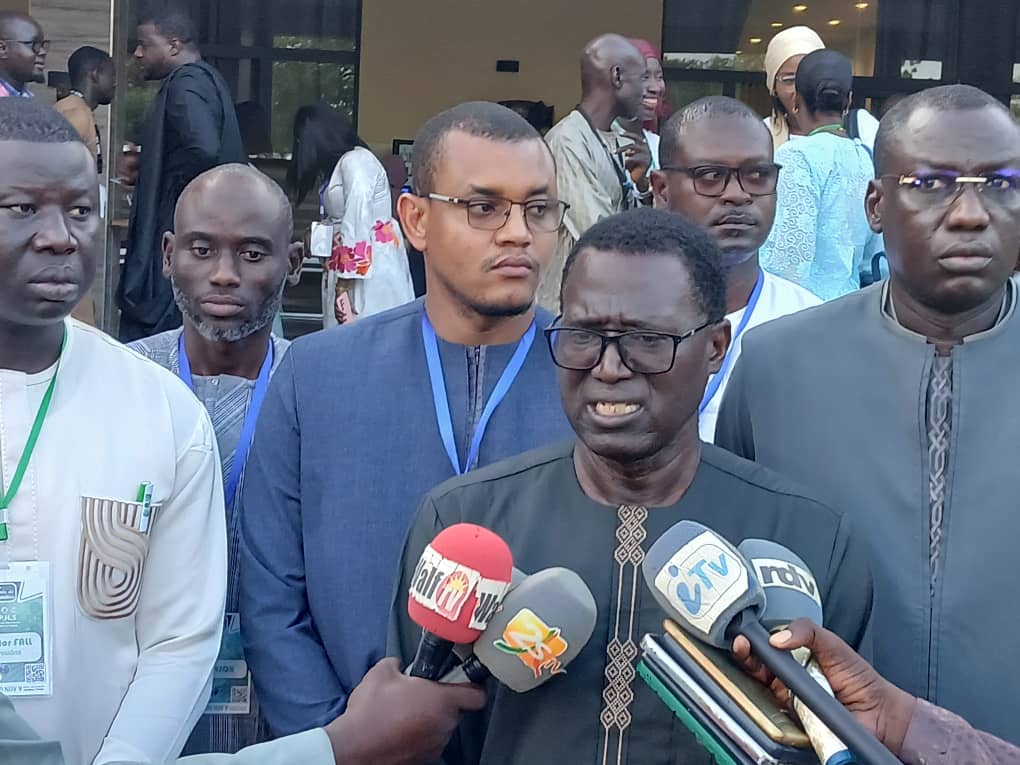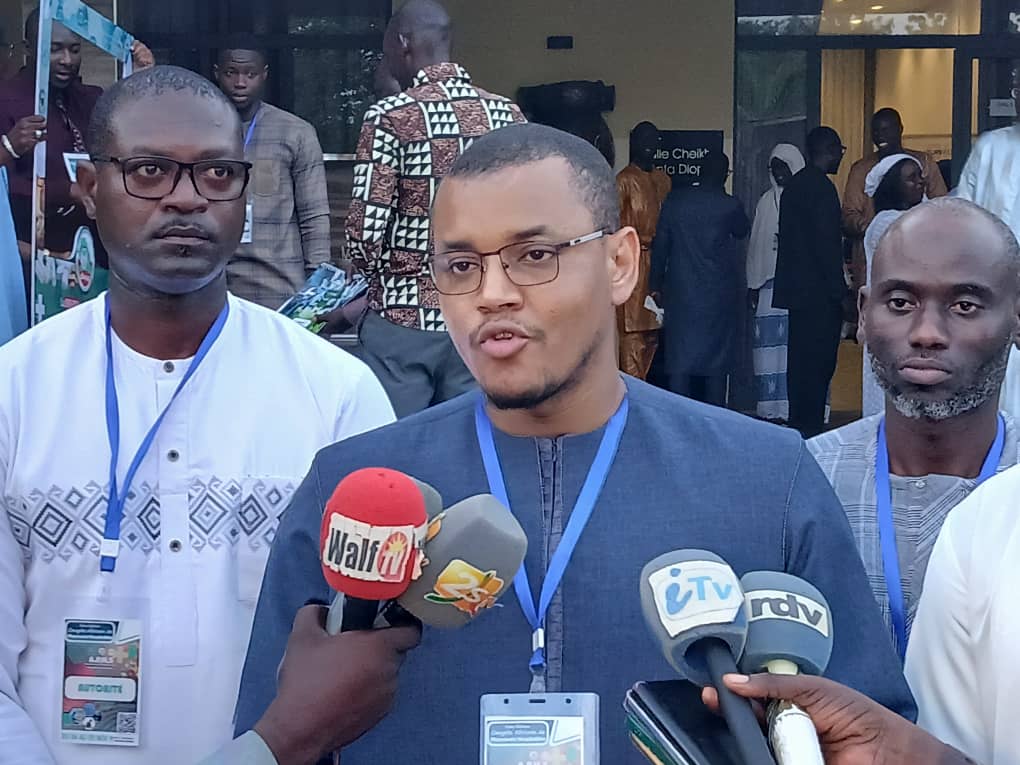
Médicaments anticancéreux : les pharmaciens hospitaliers sénégalais plaident pour des unités de reconstitution afin de réduire les pertes
Senegal is making progress in securing access to essential medicines. However, a major challenge persists in hospitals: the reconstitution of chemotherapy drugs, which still generates significant losses, estimated at between 12 and 15%. These drugs, fully subsidized by the state, represent a high cost to public finances. Hence the need, according to hospital pharmacists, to establish Cytotoxic Reconstitution Units (CRUs), which are more secure and more economically efficient.

The issue was central to the second edition of the African Congress of Hospital Pharmacy, co-organized by Senegal, Morocco, and Cameroon, with the participation of delegations from Burkina Faso, Togo, Benin, Guinea, Ivory Coast, Mali, and Europe. This scientific meeting is part of the ongoing transformation and modernization of the African healthcare system.
"Chemotherapy protocols are constantly evolving. Appropriate repackaging units are needed to reduce losses and ensure the safety of preparations," argued Dr. Seydou Diallo, Director of the National Supply Pharmacy (PNA).
A potential saving of at least 15% for the State
According to Dr. Mor Fall, president of the Association of Hospital Pharmacists of Senegal: "Current losses related to preparations in the hospital setting reach 12 to 15%. The implementation of URC would allow the State to save at least 15% on the annual bill for anticancer drugs, which are completely free for patients."

These savings could be used to expand the number of beneficiaries, improve care, or strengthen technical facilities.
The Chief of Staff to the Minister of Health, Samba Cor Sarr, praised the scientific dynamism of hospital pharmacists and their contribution to the ongoing reforms.
"Learned societies are participating in the systemic transformation of the health sector. The recommendations from this congress will inform pharmaceutical policies, at a time when the country is reforming the hospital law, the health code and the health map," explains Samba Cor Sarr.
He recalled that the State has allocated a budget line dedicated to the financing of learned societies, with an initial allocation of 100 million FCFA.
With a view to achieving pharmaceutical sovereignty, nine industrial units have already begun setting up or upgrading their operations in Senegal. The stated objective, in line with the Senegal 2050 Vision, is to produce locally 50% of the medicines currently imported.
No prescriptions outside the hospital
Furthermore, Dr. Seydou Diallo reaffirmed his institution's commitment to ensuring the continued accessibility of medicines in public health facilities.

"When a patient is hospitalized, it should not become an obstacle course to find treatment. Our objective is clear: zero uncovered prescriptions within the hospital," insists Dr. Diallo.
Commentaires (1)
Il faut juste
-Une salle dédiée, fermée, bien ventilée.
-Deux hottes à flux laminaire vertical (ou isolateurs sécurisés) pour éviter la contamination.
-Des équipements de protection individuelle (EPI) : surblouses imperméables, gants spécifiques, masques adaptés, lunettes etc...
-Une formation du personnel (même courte) sur la reconstitution aseptique, la gestion des déchets et les procédures d’urgence en cas d’exposition.
Ces mesures ne demandent pas d’investissements colossaux comparés aux conséquences possibles : exposition chronique du personnel, erreurs de reconstitution, contamination de l’environnement.
PH
Participer à la Discussion
Règles de la communauté :
💡 Astuce : Utilisez des emojis depuis votre téléphone ou le module emoji ci-dessous. Cliquez sur GIF pour ajouter un GIF animé. Collez un lien X/Twitter, TikTok ou Instagram pour l'afficher automatiquement.